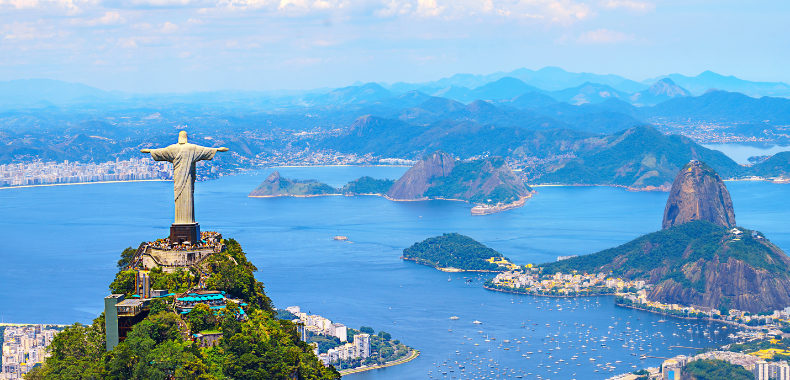Ambush marketing can be defined as the attempt to attract attention and publicity during well known events that already holds its official sponsors. The intention is to lead the consumer to believe that the specific mark/company is endorsed by the event’s official organizers, not to mention the “free exposition” through the television! This type of unfair competition is quite common on big scale events, such as the World Cup, Lollapalooza and Rock in Rio.
Every four years FIFA discloses its official sponsors, who invest significant amount of money to expose its trademarks and advertisement during the event with exclusivity (it is estimated that FIFA earned approximately US$ 100 million on sponsorship). The official sponsors hold the right to use the World Cup’s official symbols and to make direct reference to the event in its advertisements. Therefore, it is quite common that both FIFA and the official sponsorships goes to Court before and during the competition to challenge third parties that somehow takes advantage of the World Cup to promote its brands without any investment.
There are two types of ambush marketing: by association and by intrusion. The ambush marketing by association takes places when a non-sponsor company uses the World Cup tradition logo to directly promote its goods, attracting the consumer attention and leading the public to understand that the brand is an official sponsor (status).

On the other hand, the ambush marketing by intrusion of the advertising space happens when the non-sponsor uses the event’s space (the stadium, for example) to promote its brand. It is the classic case that happened on 2006 during the World Cup in Germany, when Brazilian player Ronaldinho Gaúcho had to take off a Nike hairband, since the official sponsor of the event was Adidas. It is interest noting that, after this episode, a sportive marketing consulting agency performed a survey that revealed that an expressive number of interviewed declared that the official sponsor was Nike! Another interesting case happened during the World Cup in South Africa, when a group of more than 30 Dutch women dressed all in orange entered in the stadium separately. They later gathered in the stadium, causing FIFA to state that it was an ambush marketing by intrusion planed by Bavaria, even tough the brand Bavaria was not exposed by the group. At the time, Budweiser was the official sponsor (the women were banned from the stadium and two of them were arrested).
It is not that non-sponsors cannot address absolutely nothing about the World Cup but shall carefully address the event’s attractivity and magnetism without using symbols or occupying the advertising space.
—
Author: Rafaella Franco, Associate Lawyer at Peduti Advogados.
—
“If you want to learn more about this topic, contact the author or the managing partner, Dr. Cesar Peduti Filho.”
“Se quiser saber mais sobre este tema, contate o autor ou o Dr. Cesar Peduti Filho.”




